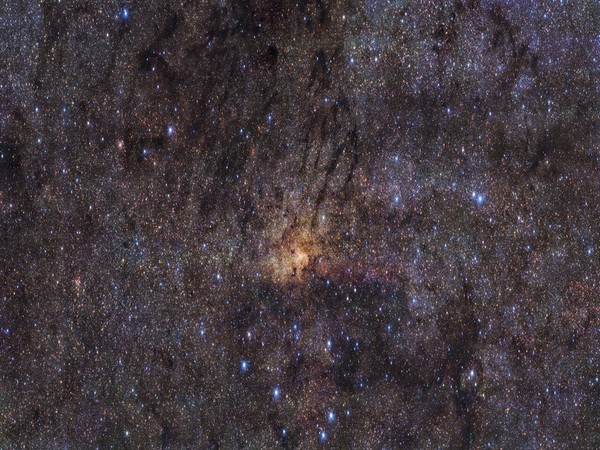Germany: An observation of the Milky Way Galaxy done by European Southern Observatory (ESO) using Very Large Telescope (VLT) has found the evidence of a burst star formation which led to over hundred thousands of supernova explosions in the central part of the galaxy.
The observations were led by Rainer Schodel from the Institute of Astrophysics of Andalusia in Granada, Spain.
Explaining about the observation, Schodel said, “Our unprecedented survey of a large part of the galactic centre has given us detailed insights into the formation process of stars in this region of the Milky Way.”
“Contrary to what had been accepted up to now, we found that the formation of stars has not been continuous,” said Francisco Nogueras-Lara, who led two new studies of the Milky Way central region at the same institute in Granada.
The observations were revealed in the study – Nature Astronomy.
Researchers found out that close to 80 per cent of stars present in the central region of the Milky Way Galaxy were formed during the earliest years of the galaxy. This initial period which was between eight and 13.5 billion years ago was then further followed by the next six billion years during which not a lot of stars were born.
This finally came to an end through an intense burst of star formation which took place around one billion years ago. After the final burst, stars having a combined mass as high as a few tens of millions of Suns were formed over a period of fewer than 100 million years.
“This burst of activity, which must have resulted in the explosion of more than a hundred thousand supernovae, was probably one of the most energetic events in the whole history of the Milky Way,” said Nogueras-Lara, Max Planck Institute for Astronomy, Heidelberg, Germany.
Researchers say that during one starburst, plenty of massive stars are created and since massive stars have a rather shorter lifespan as compared to the lower-mass stars, they tend to reach the end of their lives much faster, dying in violent supernova explosions. (ANI)





